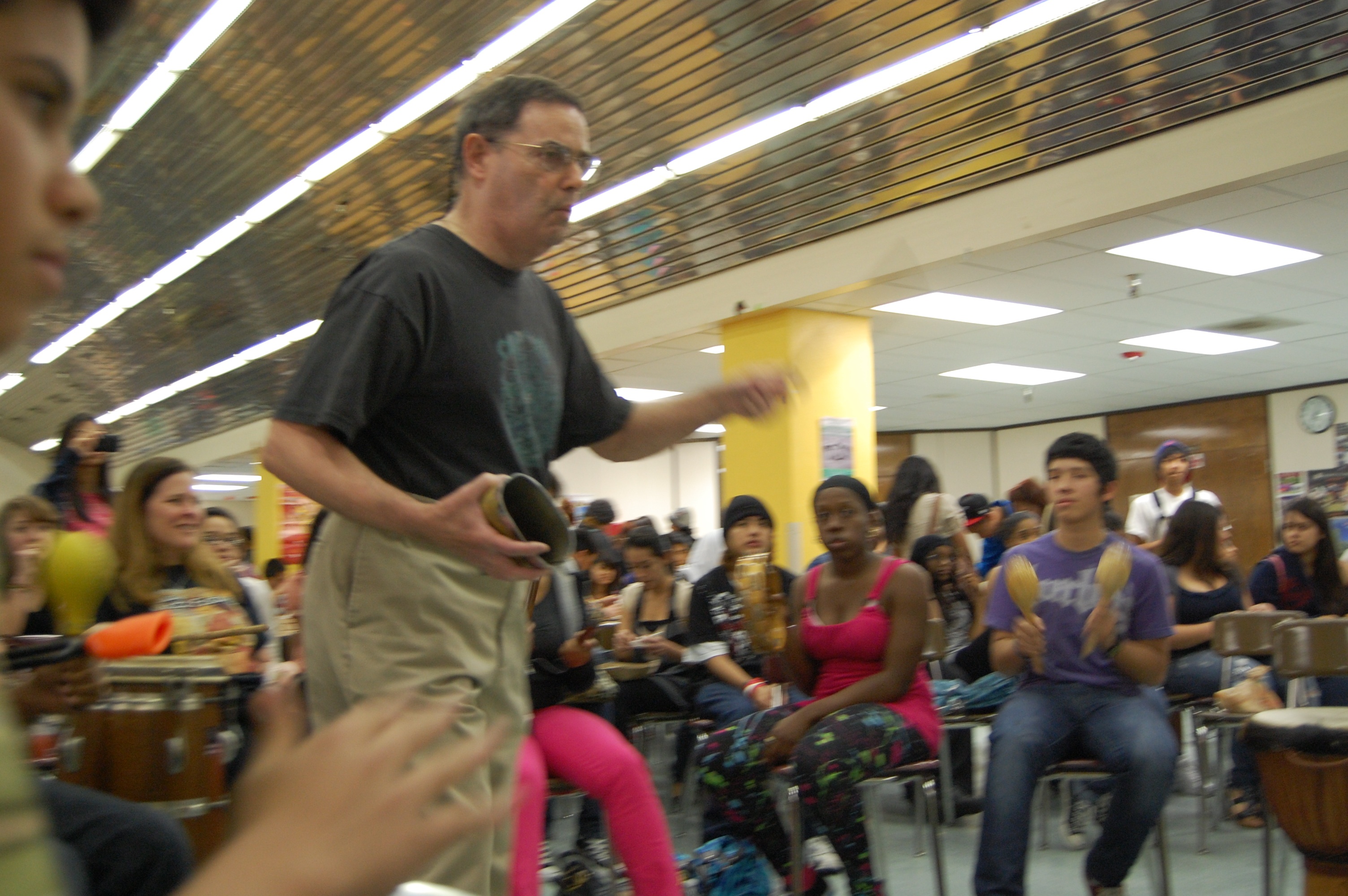From Strands
The course of social action grows naturally out of the courses of spirituality and livelihood. Once we begin to take care of our own basic needs, we become more aware of the needs of the people around us. Recognizing the oneness of life, we naturally reach out to other people because we realize that we are not separate from them.
From Instructions to the Cook by Bernard Glassman and Rick Fields
My social action started as a search for alternatives to the cultural frame of late 1950s suburbia. After many changes (listed below) it has settled into an inquiry into the deep sources of our global eco-catastrophe (and the related social breakdowns). I want to find my best leverage point for healing action, within my (severely limited) physical capacities.
Identifying a countercultural through line
Haight Ashbury Community
Communal Farm
Ecology Student
Whiteness and the intense diversity of the Zen Center neighborhood
Buddhist Sangha Council of Southern California
Interfaith Dialog Facilitator
Zen Peacemakers Order
Organizational Consultant
Subversive Librarian
United Teachers of Los Angeles
Network of Spiritual Progressives
Mosaic Multicultural Foundation
The Dream of the Earth
Findhorn New Story Community
Activity
The karma family emits a green energy, swift and energetic like the wind. Karma sanity is all-accomplishing action for the benefit of others. When people exhibit the sanity of karma, they can be efficient, effective and practical. Full of confident energy, they act in timely and appropriate ways in synchronicity with the world. Karma can also be restless and speedy, and when people manifest its neurotic side, they can be power-hungry, competitive, manipulative, controlling and dominating. They fear failure, so they are paranoid and jealous.
From “The Five Buddha Families” by Irini Rockwell, Lion’s Roar online, September 5, 2018
